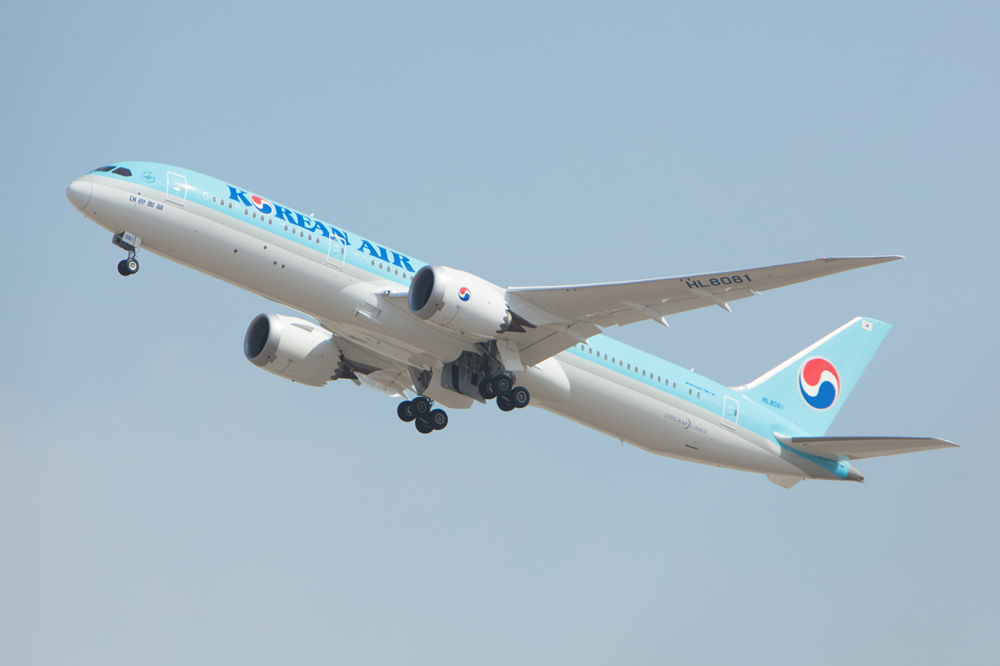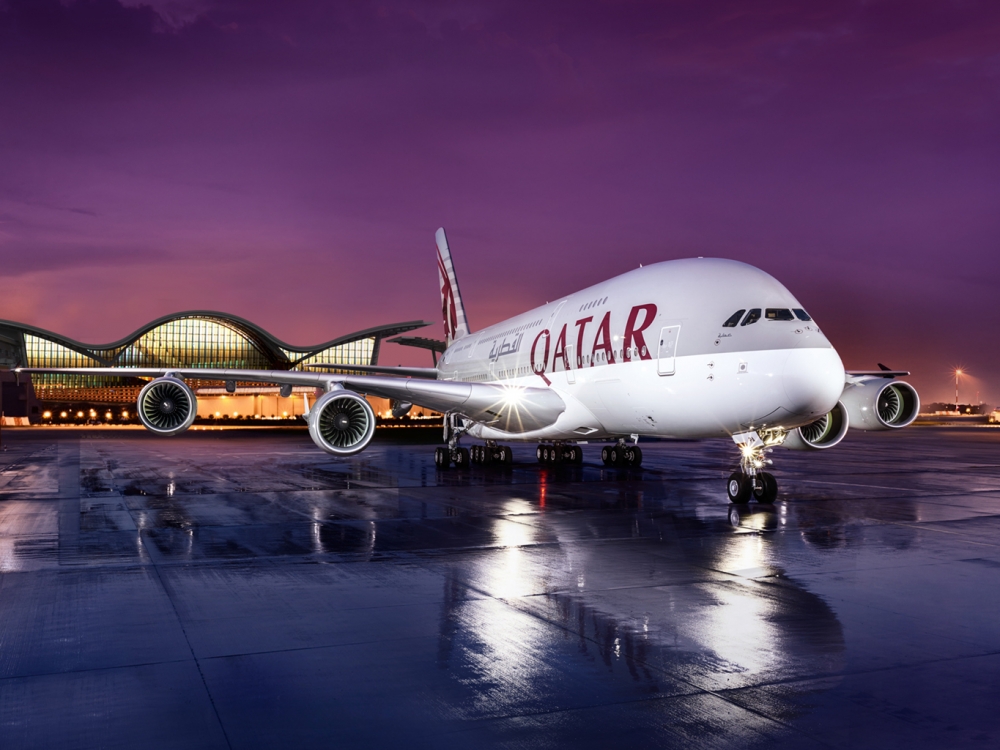Losses at Qatar Airways Group widened to a record $US639 million in the 2019 financial year as the airline grappled with global economic challenges and a continued airspace blockade it again slammed as illegal.
Qatar chief executive Akbar Al Baker attributed the loss, up from $US69m the previous year, to the loss of mature routes as well as higher fuel costs and foreign exchange.
QATAR Review: QSuite is a first-class act.
However, he said the underlying fundamentals of the business remained robust.
“Despite facing challenges that are unparalleled in the airline industry, I am very proud that we have grown our fleet, expanded our network and seen overall revenue increase to QAR 48 billion ($US13.2 billion), a rise of 14 percent,” he said.
“Passenger numbers are up, capacity as measured by available seat kilometres has risen and our cargo business is now the largest in the world.”
Despite the blockade by neighboring Arab states, Qatar launched 11 new routes during fiscal 2019 and Al Baker said he expected to serve more destinations in 2019-20.
The new routes bring the number Qatar has added since the start of the blockade to 31 to boost its network to more than 160 gateways around the world.
The blockade was imposed on June 5, 2017, and 2018-19 was the first full financial year to reflect its impact.
“Other airlines would have capitulated,’’ Al Baker said. “But not Qatar Airways.
“We, and the country we serve, chose to fight back against protectionism, bullying and aggression by growing our fleet, increasing our global and regional footprint and continuing our investment.”
The airline’s fleet grew by 25 aircraft and it welcomed its 250th aircraft in March 2019.
It still has options, letters of intent and orders for more than 300 aircraft worth more than $US8.5 billion to continue what it describes as its “ambitious but sustainable network expansion strategy”.
In terms of its investment strategy, Qatar added a 5 percent stake in China Southern Airlines in 2018-19 to a portfolio that includes investments in Air Italy, Cathay Pacific, IAG JetSuite and LATAM.
Qatar is not alone in its problems: all three major Gulf airlines have seen their wings clipped for as global growth has slowed due to factors such as US tensions with China.
Dubai-based Emirates Group in May reported a 44 percent fall in annual profit as it faced higher oil prices, a weaker US dollar and increased competition.
Abu Dhabi’s financially-embattled Etihad Airways lost another $US1.28 billion in 2018 but this was lower than the $US1.52 billion it lost in 2017.
























